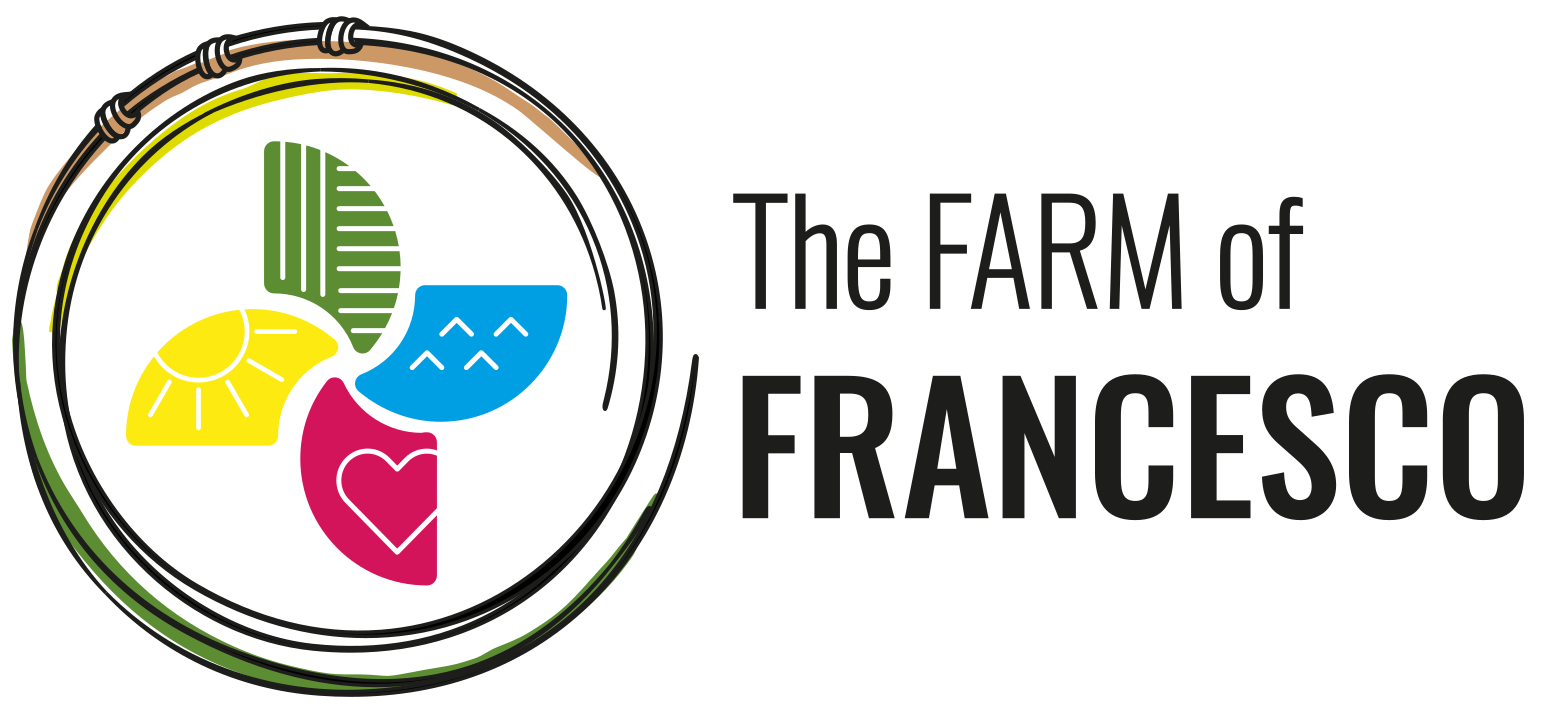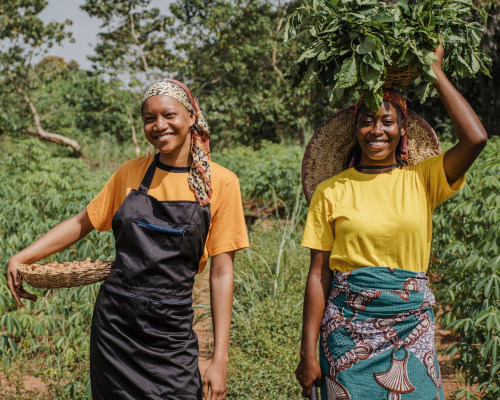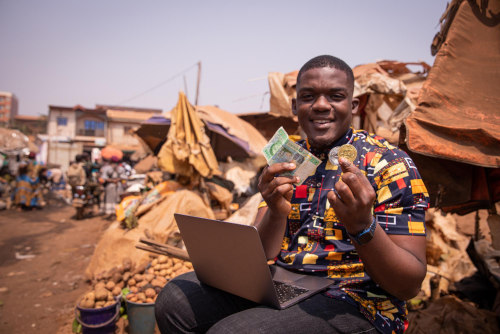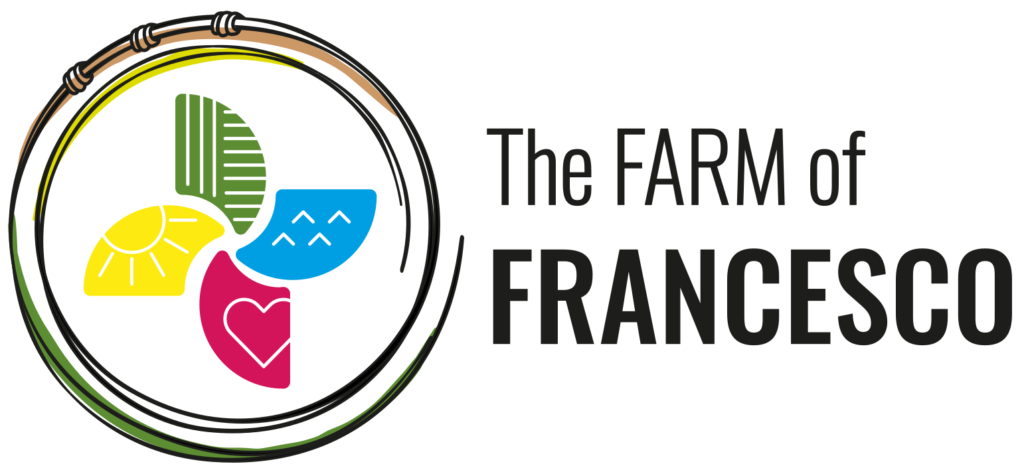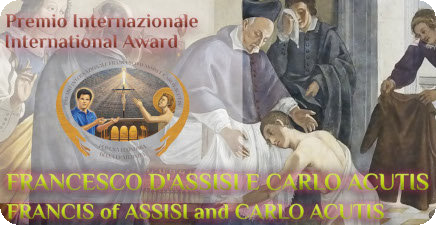We are The
Farm of Francesco
A global network of demo farms committed to integral ecology
Demo farm project in Nigeria
The aim of this project is to develop the vocational educational program framework, development of the online platform and development of a new demo farm project in Nigeria, with the first Farm of Francesco Cohort of students in Ibadan, Nigeria.
The objective is to foster regeneration of agroecosystems whilst providing a healthy diet of regionally sourced wholefoods to the people. As outlined, we do this by creating an on-field educational project and by educating farmers about regenerative land management techniques.
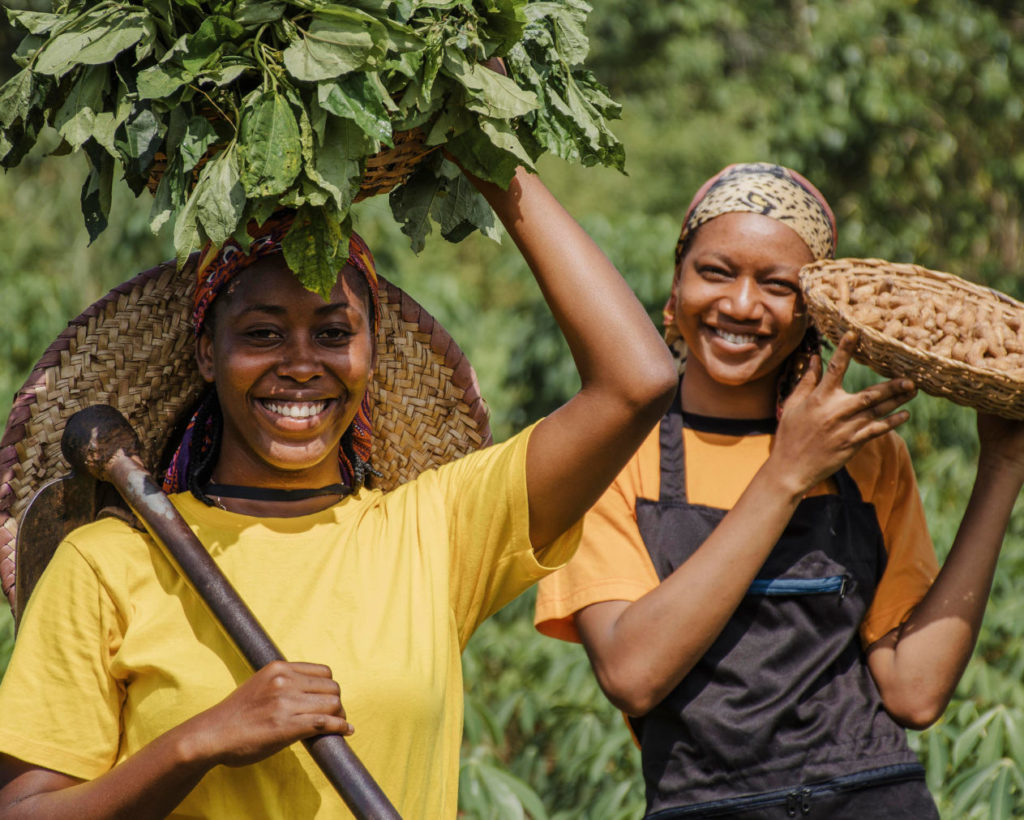
Our approach
Understanding the main problems that farmers face to find common grounds. Finding solutions to address the problems. Creating a solution and business model that can be replicated in other countries on the mission to regenerate our planet and create more impact and prosperity for the society as a whole.
See
Choose
Act
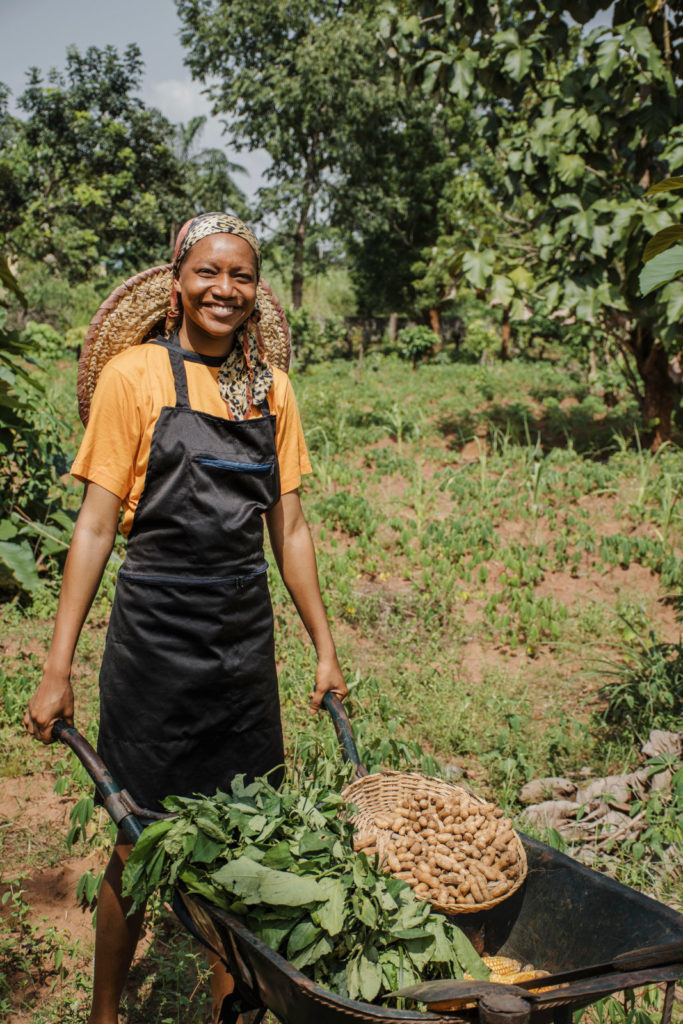
A Global network with a Local implementation approach
The Farm of Francesco global framework and development is implemented locally addressing specific communities and territories.
From the current work we have done together with Rita in Ibadan, Nigeria, and our partners in the territory – Slow Food Program, 10,000 gardens for Africa and Wwoofing Nigeria – we decided to work together and provide our first educational program in the rural area of Ibadan and creating a collaborative community with the small farmers there.
We work together with the farmers, conducting a process of community creation within the vocational educational program so that 20 farmers will work in a total of 50 to 60 hectares with broader crop diversity with a set crop rotation – using methods like Alley cropping, Mob grazing, Agroforestry and various others suited to local conditions.
Changing from a model of many singular farms to one farm with many farmers will help put the land, the ecosystem and the community at the center. With this model, the community will be more efficient, saving time and creating new economicals returns by dedicating to processing raw material and working in value-added products.
